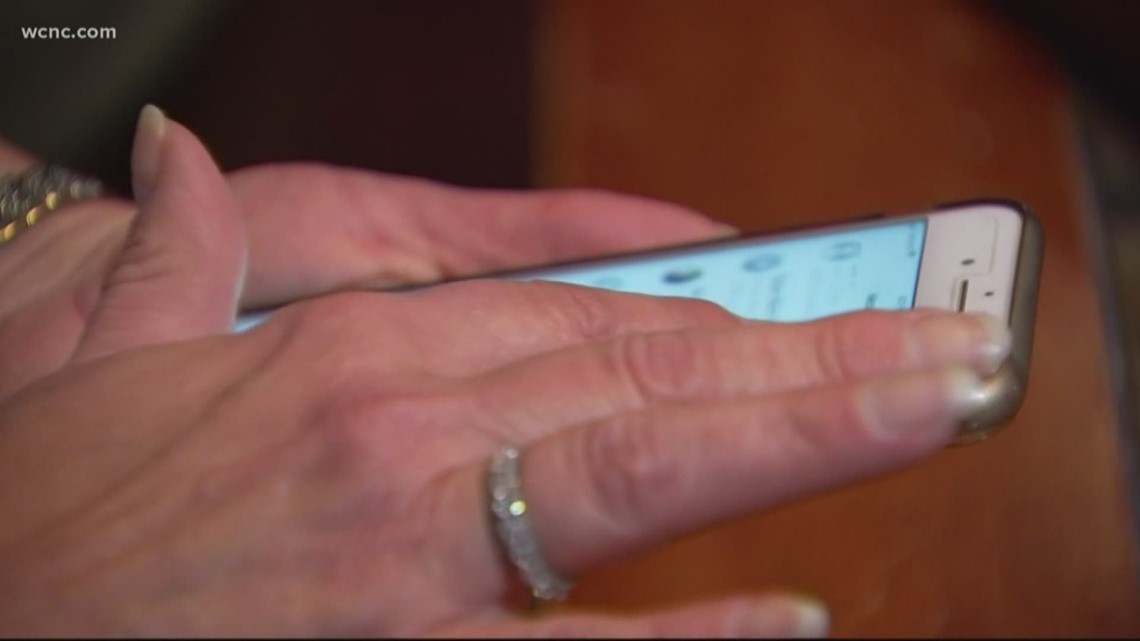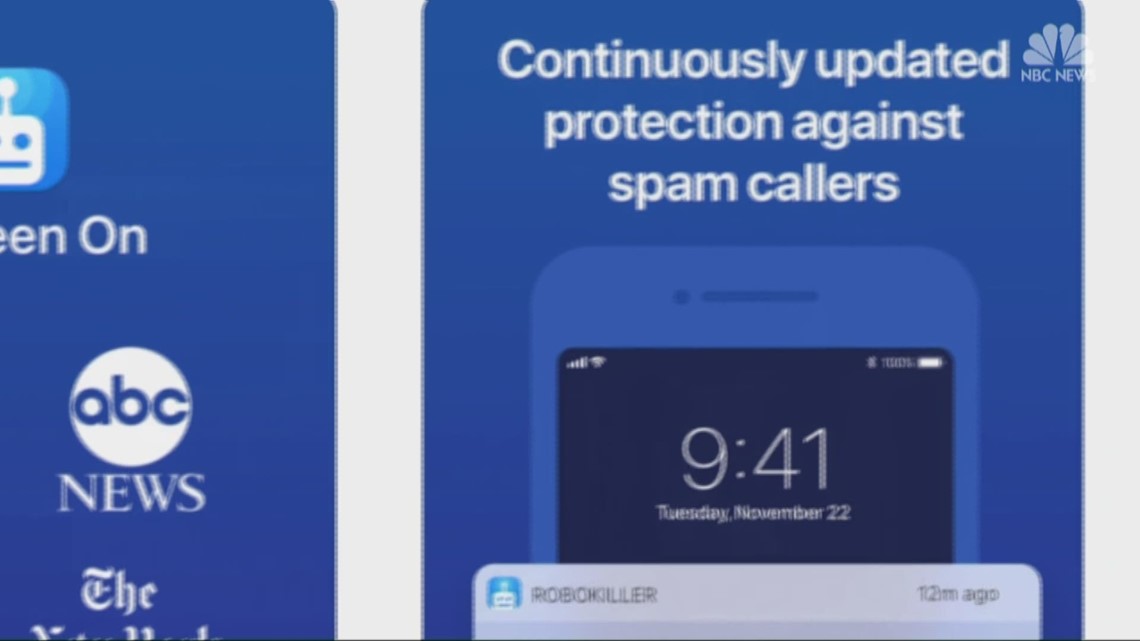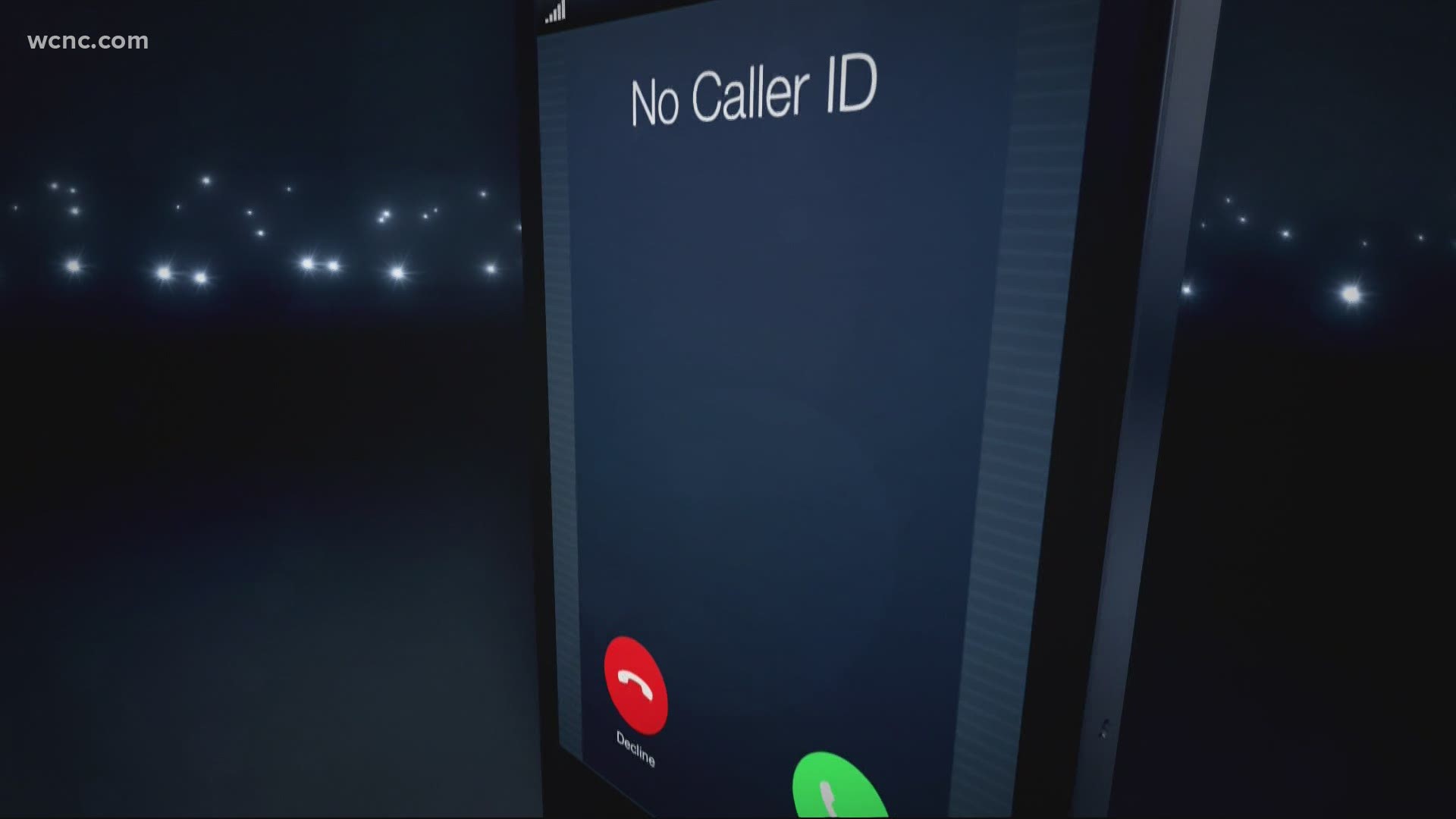CHARLOTTE, N.C. — The Federal Communications Commission (FCC) is now going to go after those one-ring robocalls you might be getting.
Wanna-be scammers realized it was getting harder to get through to people on their cellphones, so they had figured out another way to get in touch with potential victims was to slip into their voicemails.
How they do it is they call once and then hang up. Then, a person would see a missed call and call it back. The calls originate outside the United States, and scammers get a cut of the toll charged when you call back.
This is why this week the FCC cleared the way to let phone companies actively block these types of calls. However, the Better Business Bureau says "hold the phone" and don’t get too excited.


RELATED: NC family calls 911 thinking robot vacuum was burglar entering their home in the middle of the night
“It’s probably going to help a little, but not as much as we hope,” said Tom Bartholomy from the Charlotte Better Business Bureau said.
"The FCC acts decisively to protect consumers from a particularly pernicious type of robocall: The one-ring scam,” FCC chairman Ajit Pai said on Monday. “In response to a spike in one-ring scam activity, we proactively targeted this problem over a year-and-a-half ago with a consumer advisory and have taken other action to combat this scam. Today’s action is just the latest step to stop illegal calls before they reach consumers’ phones. We are sending bad actors a clear message: We will use all available tools, including those in the TRACED Act, to protect American consumers.”


There are still plenty of apps out there that you can pay for to help solve this issue, but even then, some robocalls will still get through. RoboKiller is one of the most popular.
The best advice is still in effect: Don’t answer numbers you don’t know. If you do answer, your number is passed around.

